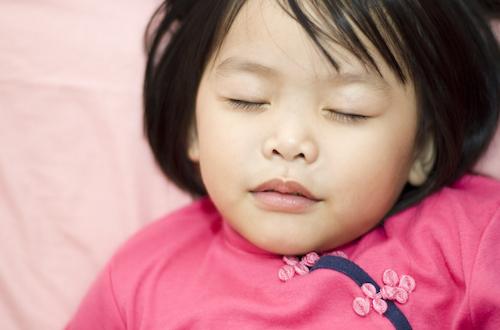Estimated reading time: 3 minutes
Most children attend preschool or daycare before they go to school. This can be a wonderful time of learning and discovery. Their primary focus during this developmental phase is to engage in the joy of playing and learn how to get along with others. A growing body of scientific evidence demonstrates that emotional development begins early in life and is closely connected with the emergence of cognitive, language, and social skills.
Early emotional development lays the foundation for later academic performance, mental health, and the capacity to form successful relationships. Despite this knowledge, most policies related to early childhood focus exclusively on cognitive development as it relates to school readiness, neglecting the importance of capacities such as the ability to regulate one’s own emotions and behaviour, and to manage successful interactions with other people (Center on the Developing Child, Harvard University).
This preschool period is a unique time for our children. It is the only time where they have an opportunity to experience the world more emotionally before the reasoning centre of their brains begins to develop. This is the appropriate age for children to focus on growing and evolving emotionally; a time to focus on teaching them how to connect with others in a compassionate, kind and caring way.
Look at children. Of course, they may quarrel, but generally speaking, they do not harbour ill feelings as much or as long as adults do. Most adults have the advantage of education over children, but what is the use of an education if they show a big smile while hiding negative feelings deep inside? Children don’t usually act in such a manner. If they feel angry with someone, they express it, and then it is finished. They can still play with that person the following day.
~ Dalai Lama XIV

This is not a time for children to be pushed academically. They have the rest of their lives to grow, in that way, in line with the development of their brain. Children, from ages two to seven, perceive the world through magical thinking and animism (attributing human emotions and characteristics to inanimate objects). They are acquiring motor skills during this stage, and a certain amount of “decentering” begins to occur. At this stage, the child is still unable to think logically (Learningrx).
Children make sense of the world at this stage through play, often role-playing things that are currently happening in their family life. This is because it gives them the opportunity to process and make sense of events in their lives in an emotional way.
Small children do not judge their feelings as good or bad, they are all just feelings which if allowed to flow through their energetic system help them to remain connected to their natural state of peace and harmony. This is done by validating and acknowledging their feelings rather than dismissing them and telling them that they are wrong to feel certain ways. This is not to say that you would not set boundaries around health and safety, however, this can be done while validating their feelings. For example, I can see you are angry right now, but it is not acceptable to break your brother’s toy truck.
If our children are allowed to feel they remain connected to their sense of self, their inner spirit allowing them to create meaningful and authentic relationships. Living in this world in an authentic way is the key to peace and happiness as we are able to remain true to ourselves. Children are already naturally authentic, it is about supporting them on their journey to remain connected to this natural state.
To discover more about parenting and children, click here.








